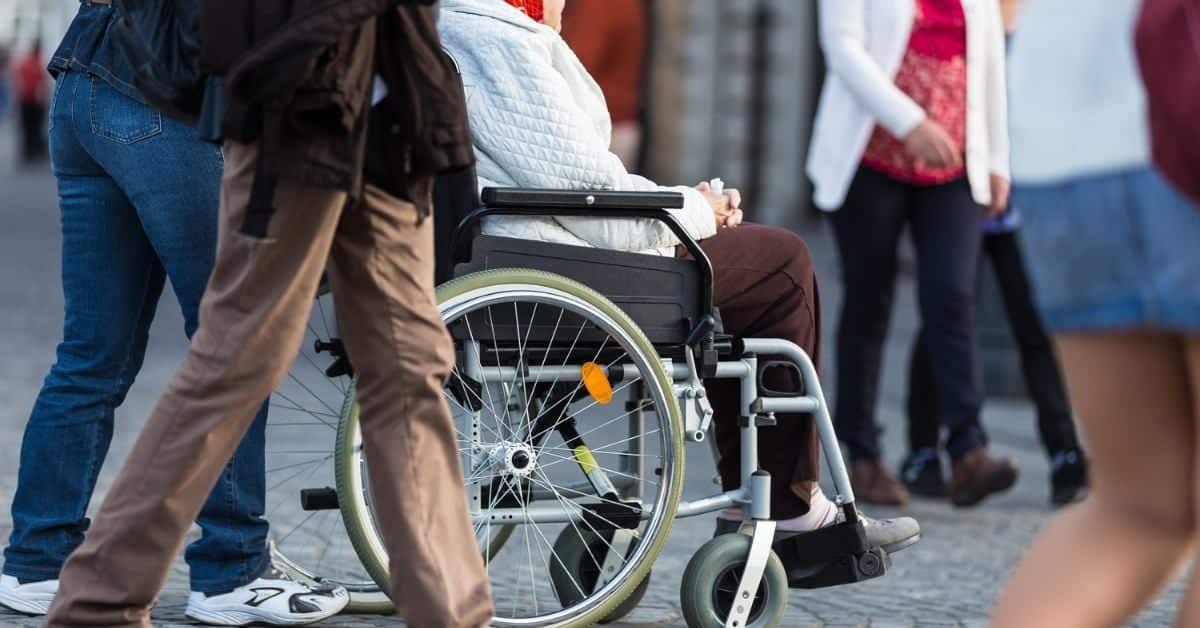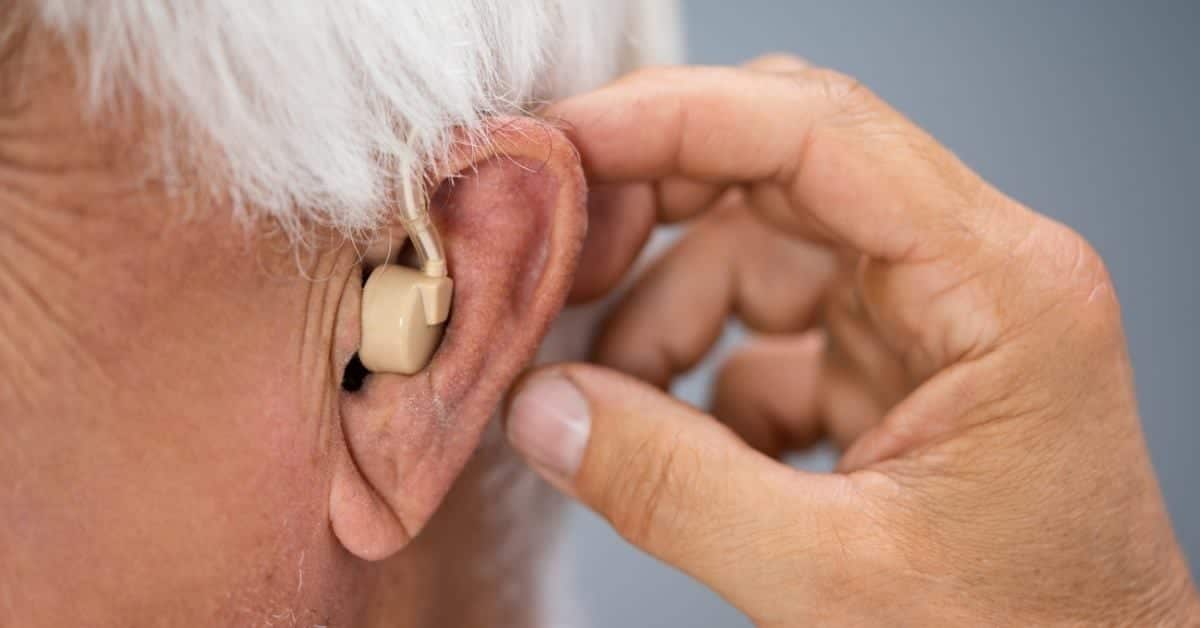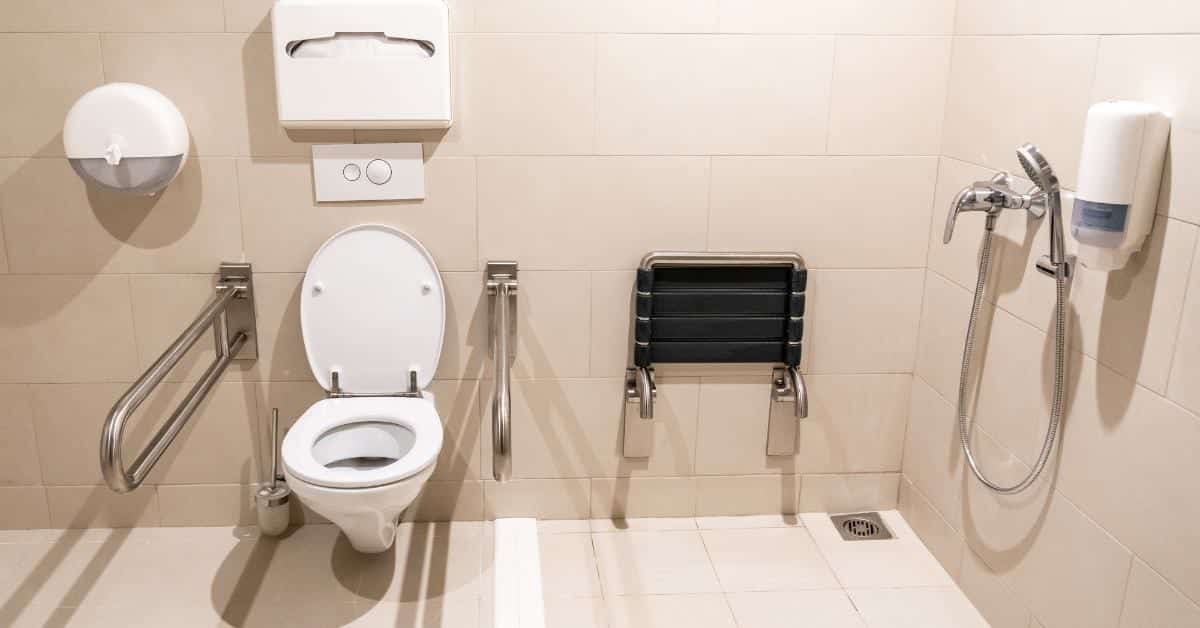Disability Equipment
Disability equipment or assistive technology (AT) refers to a technological device or a system that allows users to perform harder tasks that otherwise might be harder for them to perform due to a disability. Our disability products also make these tasks much safer to do, so it decreases any risky situations that might happen. Disability aids will be funded based on your disability, and whether it’s reasonable and necessary. In order to get funding, you need to include this specific type of support in your NDIS plan. That plan needs to be related to your disability, and your plan should show that you have goals that you want to achieve by getting disability equipment support. These disability aids cover a broad range of supports to help you with your day-to-day life. The majority of the support products being sold by disability equipment providers consist of mobility equipment; such as wheelchairs and/or disabled cycling equipment. There are many other categories as follows:
- Personal care products
- Custom prosthetic
- Home modifications
- Vehicle modifications
- Communication equipment
- Hearing equipment
Find out more...
Fill in the form below and one of our consultants will be in touch with you regarding our services.

Mobility Equipment for Disabled
Mobility equipment is a disability product that aids disabled individual with their movement. In your NDIS budget, mobility equipment will be categorised as “Capital Supports”; some examples for these devices are vehicle modifications, electric wheelchairs, disabled cycling equipment and so on. When the equipment that you are getting is complex or high-cost, an assessment is needed to show how it’s necessary and reasonable for you and how it will help you achieve your goals. It’s also important for you to understand what you want from your NDIS plan, so you should directly state in your NDIS application high-cost equipment, you will also need an assessment from your physiotherapist or your therapist in order to get your funding. Due to COVID-19, the low-cost items are much more flexible for funding from the NDIS. If you have any questions about the mobility equipment you might need or if you are looking for a trustworthy disability equipment supplier, you can check our shop.
Disabled Kitchen Equipment
Kitchen equipment, modification and aids might be necessary for people facing problems with independence, flexibility and dexterity due to their disability. ADACSS offers a broad range of disabled equipment ranging from adapted kitchen cutlery to kitchen trolleys. These tools are really helpful if you have reduced hand strength or hand tremor. In order to make cooking and eating less stressful, we offer a broad range of non-slip mats and teapot tippers in order to decrease the risk of any incidents that may happen.

Communication Equipment for the Disabled
Communication devices or augmentative and alternative communication (AAC) devices are equipment that assists children and adults with their communication needs by using non-verbal communication. There are three types of AAC devices; no-tech, lite-tech and high-tech. As with high-cost mobility equipment, getting high-tech AAC devices will need an assessment from a therapist. Whether it’s in a classroom, at home or with your friends, communication devices are extremely helpful to have around. With the broad range of communication devices we offer, it’s safe to say that there is a device for everyone, but it might be hard to choose the device that’s right for you. For choosing the right device for you, you need to ask some questions yourself. First, what will you use the communication device for? For example, having a wearable device in a public setting may be more helpful for you. You also need to take into account what other disabilities you may have. You can ask us any questions you may have about a device or your NDIS plan.

Adaptive Equipment for Adults with Disabilities
Adaptive equipment is a device or a tool that helps disabled person with their day-to-day life. Adaptive disabled equipment isn’t usually complex or expensive, and it will be funded as long as they help you achieve a goal. There are many various types of adaptive equipment, but the most common one is daily living. Some examples for this type of equipment are: home modifications, hearing aids and reaching devices. It is quite likely that a person with a disability will need help with certain everyday activities such as eating, walking, getting out of bed and so on. Adaptive equipment makes it possible for the individual to perform these tasks independently. You can check the adaptive equipment we provide by visiting shop.adacare.com.au
Disability Equipment Provider in Australia
We are sure that it is hard to choose an aid that will best suit you. That’s why we believe that the team at ADACSS can help you! Feel free to contact us. You can also ask any question you might need to be answered about our services. As the team of ADACSS, we are here to help anyone that might need help in Sydney. Get in touch by calling us at 0292327055, send us an email or book online. If you are also looking to buy any equipment or consumables, be sure to check our shop at shop.adacare.com.au
Why Trust ADACSS?
Our hardworking personal care providers will try to give you the best home health care service possible. You can learn more by getting in touch with our NDIS/Aged Care specialists by calling us at 0292327055, send us an email or book online.

Free consultation
We will meet with you to offer free advice and support without obligation. We pride ourselves on turning things around quickly.

Individual support package
Everyone's needs and wants are different, therefore we listen to you and make a tailored plan based on your requirements.

Ongoing support
Once everything has been agreed and services commence, we will discuss and feedback on changes if needed.


